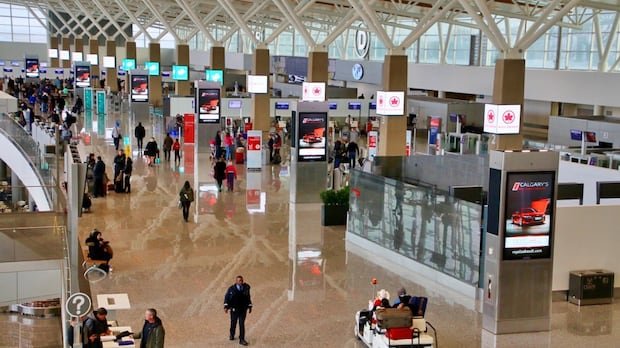Moldova’s pro-European ruling party secured a significant victory over its Russian-leaning rival in a crucial parliamentary election, according to results revealed on Monday. This outcome serves as a substantial step forward for Moldova’s aspirations to join the European Union and distance itself from Moscow’s influence.
President Maia Sandu’s Party of Action and Solidarity (PAS) delivered a surprisingly robust performance on Sunday, garnering 50.2 per cent of the votes, overshadowing the Patriotic Electoral Bloc which received 24.2 per cent. The electoral outcome, with nearly all ballots counted, not only alleviated concerns for the government and its European allies but also thwarted alleged Russian interference in the election process.
Previously, polls had suggested a close race between PAS and the Patriotic Bloc, with neither party expected to secure a majority. However, the near-final count announced by Moldova’s electoral commission now enables the government to advance its objective of EU accession by 2030.
Reacting to the election results, António Costa, the President of the European Council representing the EU’s member states, emphasized the Moldovan people’s clear endorsement of democracy, reform, and a European future amidst pressures and interventions from Russia.
While Russia refuted allegations of meddling, leaders from France, Germany, and Poland commended Moldova for conducting a peaceful election despite purported Russian interference tactics such as vote-buying schemes and disinformation campaigns. Ukrainian President Volodymyr Zelenskyy also praised the election outcome, asserting that Moscow’s attempts to destabilize Moldova had failed.
Moldova, a nation of 2.4 million citizens, has historically oscillated between aligning with Russia and Europe. Economic hardships, slow reform progress, and misinformation dissemination fueled dissatisfaction among voters, enabling the PAS to capitalize on public sentiment.
Despite challenges, including high inflation rates and energy costs, Moldova’s pursuit of EU membership faces arduous hurdles given its status as one of Europe’s poorest countries. The Kremlin rebutted claims of election interference, instead accusing Moldovan authorities of obstructing hundreds of thousands of Moldovan expatriates in Russia from voting.
In response to allegations of electoral violations and concerns raised by various political factions, discussions over the legitimacy of the election results persist. Opposition figures have called for protests and further scrutiny into the electoral process, underscoring the contentious aftermath of Moldova’s pivotal parliamentary election.


